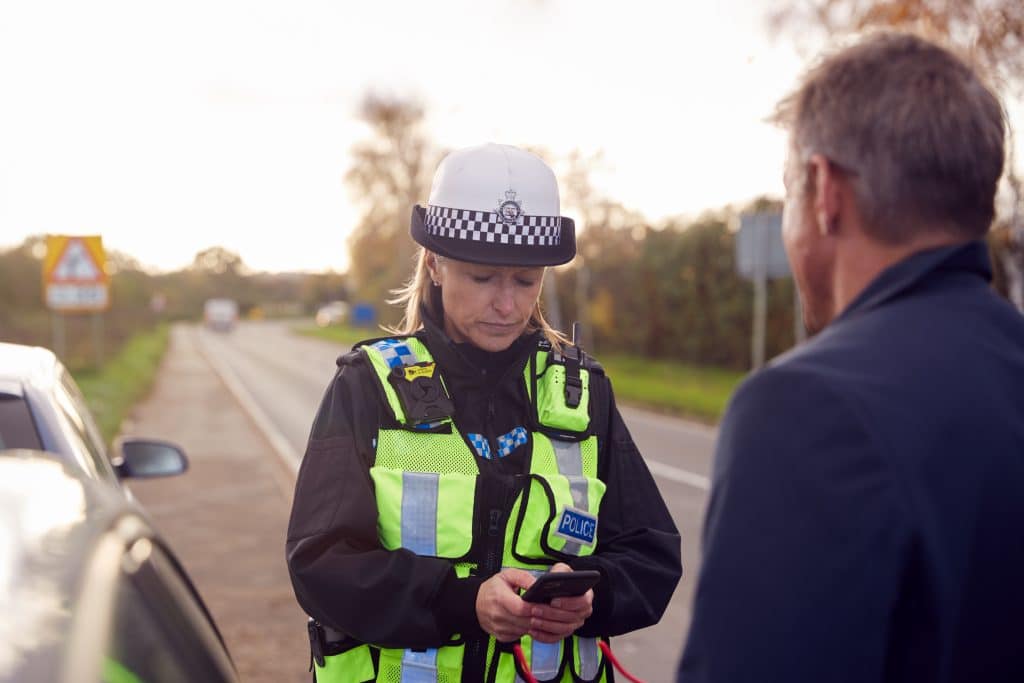UK police plan nationwide rollout of NEC facial recognition on mobile phones
Police in the United Kingdom are planning to identify criminals by taking their photos with mobile phones and running them through a database with facial recognition software.
The app, known as Operator Initiated Facial Recognition (OIFR), is already being trialed by three UK police forces, with plans for a nationwide rollout next year. By May 2024, UK police plan to increase the use of retrospective facial recognition to identify people by 100 percent, and to set up a roadmap for OIFR on a national level.
The announcement was made by the National Police Chiefs’ Council (NPCC) last Sunday with Jeremy Vaughan, South Wales Police Chief Constable and national lead on facial recognition, explaining that the technology will speed up their work.
“It can cut the amount of time spent trying to identify an offender from days and months to just minutes,” Vaughan says. “But we recognize the need to balance the use of new technology with the right to privacy.”
OIFR relies on NEC’s facial recognition algorithm NeoFace. Over the past three months, police in South Wales, Gwent and Cheshire have been testing the software, which is linked to the Police National Computer database.
The facial recognition app was deployed at least 42 times by South Wales Police, leading to 20 arrests. The app failed to find a match on 16 occasions, four searches were abandoned and two others were marked incomplete. The app also helped police identify one missing person and two dead bodies, the Daily Mail reports.
The new app, however, has proved controversial. According to data from the South Wales police, ethnic minorities were disproportionately targeted with nearly 31 percent of photographed suspects being either black or Asian. South Wales’ ethnic minority population is only 8.5 percent.
The National Police Chiefs’ Council claims that the public already broadly supports police use of facial recognition, citing YouGov polls.
The UK has been rolling out other biometric initiatives in policing. Last week, the NPCC laid out an efficiency revamp for the police force which includes a new digital fingerprint-matching system and increased use of facial recognition technology.
Policing officials have been promising to expand the use of live facial recognition while police in Scotland recently released data showing it has tripled the use of retrospective facial recognition over the last five years. In September, the police launched Project Pegasus, a US$752,000 police operation supported by British retailers to match CCTV images of shoplifters with those in a national police database.







